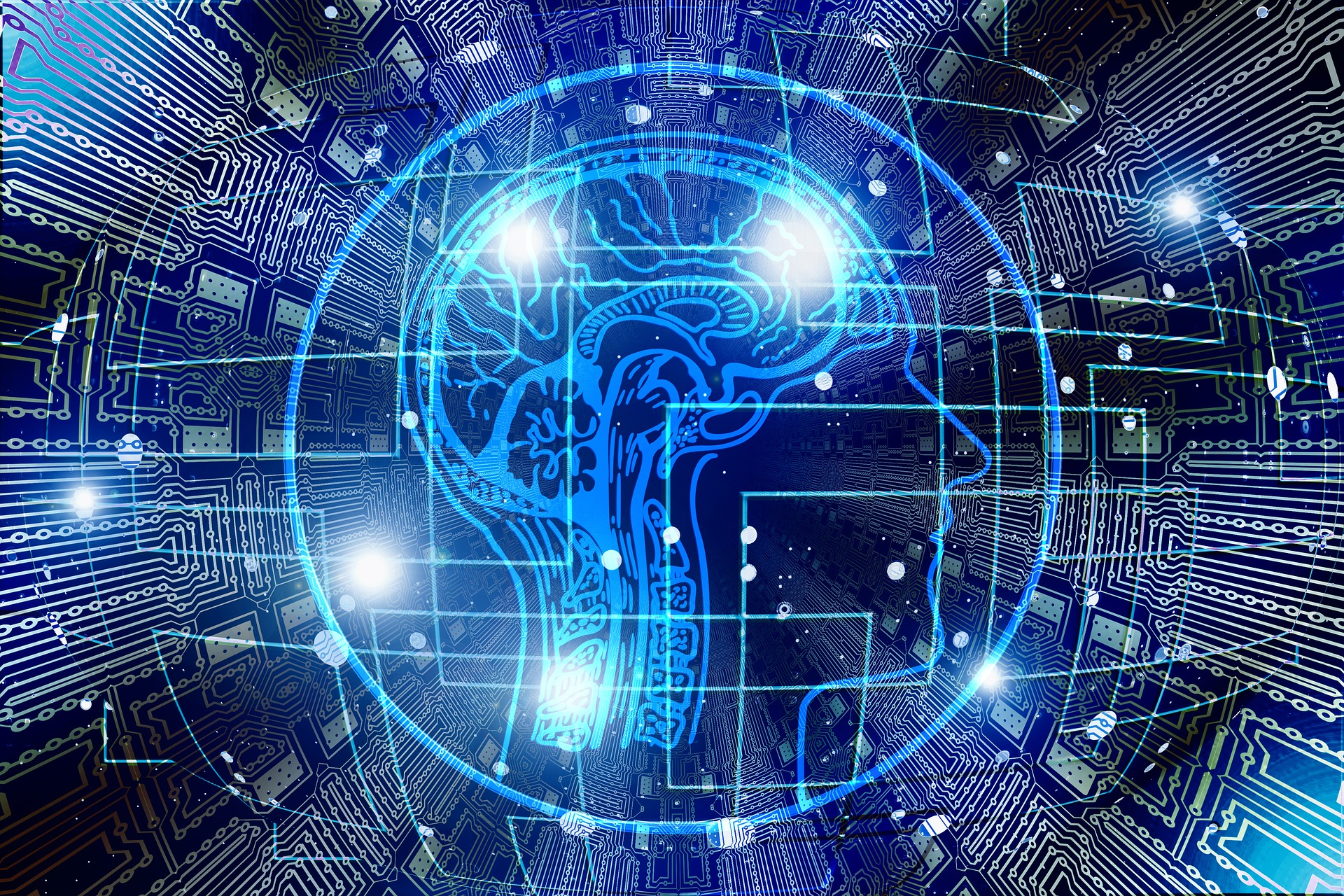What are the ethical issues surrounding the use of artificial intelligence (AI) resources such as ChatGPT?
As an AI language model, ChatGPT does not have the capacity for ethical concerns or decision-making in the same way as humans. However, there are ethical issues that can arise from the use of AI language models like ChatGPT.
One potential ethical issue is the responsibility for the quality and accuracy of the information provided by ChatGPT. While the model is trained on a vast amount of data, it may still produce incorrect or biased information. It is important for those who use ChatGPT to carefully evaluate the information it provides and cross-reference it with other sources.
Another ethical issue is the potential for misuse of the information provided by ChatGPT. For example, the model could be used to spread misinformation, perpetuate harmful stereotypes, or manipulate individuals or groups. It is important for users to be responsible in their use of ChatGPT and consider the potential impact of the information they receive.
Finally, there are concerns about the potential impact of AI language models on human employment. As these models become more advanced, they may replace jobs that were previously performed by humans. It is important for society to consider the impact of AI on the job market and to develop strategies for supporting workers whose jobs may be affected.
Overall, while ChatGPT itself does not have ethical concerns, its use can raise important ethical issues that need to be considered and addressed.
From the Humans:
Unless you’ve been living under a rock for the past several weeks, you have been inundated with information about artificial intelligence and the seemingly lightning speed with which these resources have burst onto the scene.
In fact, the first five paragraphs of this post were generated by ChatGPT. With a simple natural language prompt, ChatGPT returned the synopsis above in a manner of seconds. It is truly amazing how fast it responds and how well it seemingly understands what is being asked.
These AI tools are being embedded in much of the software and applications we use daily. It will continue to become more and more difficult to determine whether you are conversing with a human or with AI. That includes social media, where AI bots are going to be used to generate massive amounts of content. Your favorite Twitter sources are likely already generating posts using AI.
There are sure to be legal challenges to AI as well. AI doesn’t just generate text. It can be used to generate pictures, graphics, videos, and software code. Asking AI to generate fake pictures of real people, to generate artwork in the style of specific artists, or to write stories in the style of specific authors, all raise interesting legal questions about the intersection of technology and intellectual property.
Revolution Law Group is located in Greensboro, NC, and serves individuals and small businesses throughout the Triad and surrounding areas. To contact us please visit Revolution.law or call 336-333-7907.
The information included here is for informational purposes only, is not exhaustive of all considerations when creating documents, is not intended to be legal advice, and should not be relied upon for that purpose. We strongly recommend you consult with an attorney and do not attempt to create your own documents.

